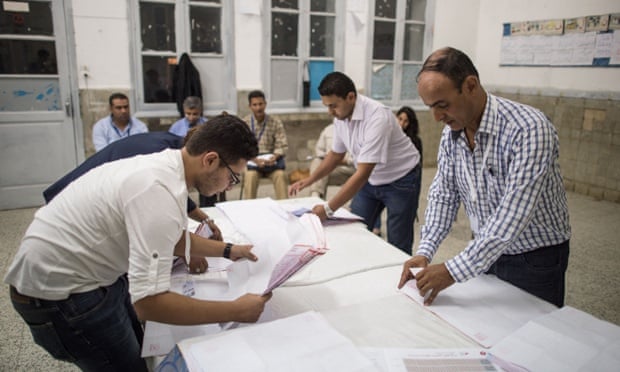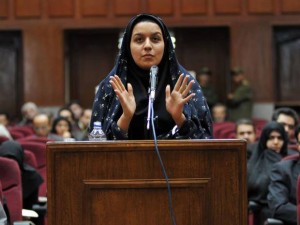By Kathryn Maureen Ryan
Impunity Watch, Managing Editor
OUAGADOUGOU, Burkina Faso – Protesters have taken to the streets in Burkina Faso angry at plans to allow Burkina Faso’s President Blaise Compaore, whose has held office for 27 years, to extend his term as President. On Thursday the protesters set fire to parliament. Reporters say the protesters set ablaze to the nation’s parliament as well as City Hall and the ruling party headquarters are also in flames in the capital, Ouagadougou. Some of the protesters also ransacked the state television station and attempted to storm other government buildings.

President Blaise Compaore responded to the protests by declaring a state of emergency, an act that will dissolve his government. “I dissolve the government from today so as to create conditions for change,” the statement from the President said. It was unclear where the President was when the statement was issued. The President also reportedly said he is open to talks with the opposition. “I’m calling on the leaders of the political opposition to put an end to the protests. I’m pledging from today to open talks with all the actors to end the crisis.”
Army General Honore Traore, the joint chief of staff, also said that the government and parliament had been dissolved on Thursday. “A state of emergency is declared across the national territory. The chief of the armed forces is in charge of implementing this decision which enters into effect today,” said a statement read by a presenter on Radio Omega FM.
Protesters in the capital Ouagadougou, ransacked government offices and set fire to cars, before attacking the national television headquarters. While Police had tried to control the crowds using tear gas, the demonstrators were able to push through the barricades. The protesters chanted “It is over for the regime!” and “We do not want him again!” as they advanced. The ruling party headquarters in Burkina Faso’s second city of Bobo Dioulasso as well as the city hall were also torched by protesters.
“It is difficult to say what happens next, but things are out of control because the demonstrators do not listen to anyone,” Ablasse Ouedraogo, an opposition politician said. Benewende Sankara, another opposition leader said “the president must deal with the consequences.”
The African Union expressed “deep concern” over the ongoing violence and said it would be sending a high-level delegation to the country, while the European Union urged a “constructive dialogue.” Journalists and protesters have been sharing stories using social media as events unfold in Burkina Faso using the #lwili hashtag.
For more information please see:
Al Jazeera – Burkina Faso Declares State of Emergency – 30 October 2014
BBC News – Burkina Faso Parliament Set Ablaze – 30 October 2014
BBC News – Burkina Faso President Declares State Of Emergency – 30 October 2014
The Wall Street Journal – Army Seizes Power in Burkina Faso – 30 October 2014


